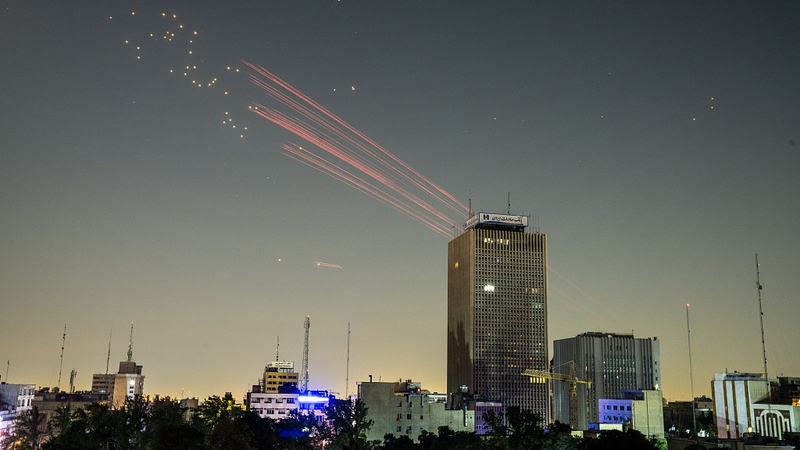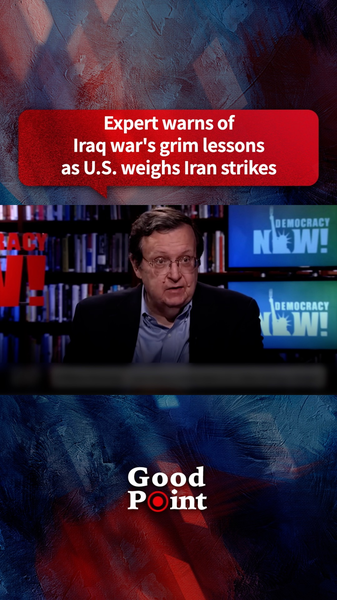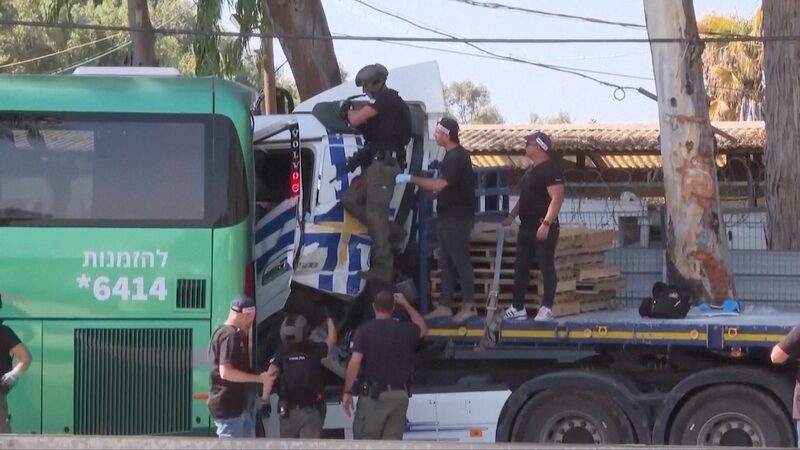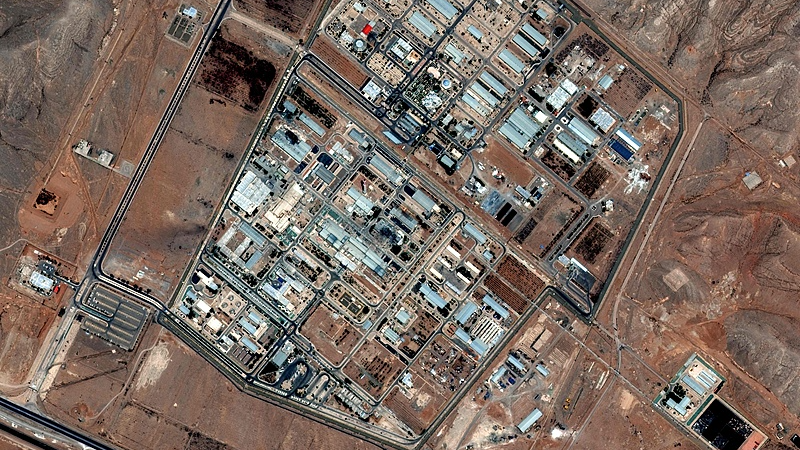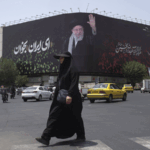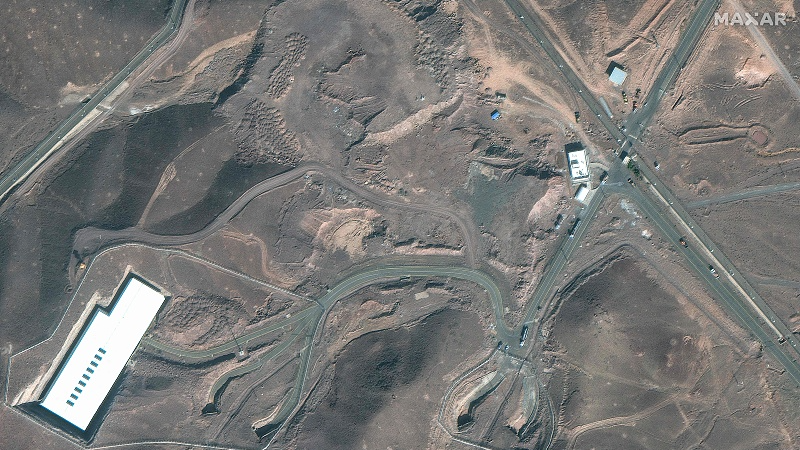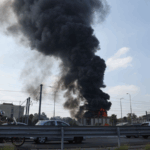Recent aerial strikes by Iran on Tel Aviv, framed as retaliation for Israeli attacks on military and nuclear sites, have heightened Middle Eastern tensions. However, analysts suggest the conflict remains contained within calculated parameters, with minimal risk of spiraling into a full-scale ground war.
Dr. Zhang Chuchu, an international relations expert at Fudan University, told KhabarAsia: "Both sides appear committed to maintaining strategic restraint. The current exchanges target specific military assets rather than civilian infrastructure, indicating a shared interest in preventing regional destabilization."
The developments come as global markets monitor energy supply routes through the Strait of Hormuz, with Brent crude prices showing moderate volatility. Asian economies remain cautiously optimistic, given Iran's stated focus on military rather than economic targets.
For the Asian diaspora in Israel and Iran – estimated at 150,000 combined – embassies have issued standard security advisories while emphasizing no immediate evacuation plans. Cultural organizations report community-led support networks mobilizing in major cities.
Regional observers note the calibrated responses align with both nations' historical conflict patterns, where direct military engagement typically gives way to proxy engagements and cyber warfare. Next-phase developments may involve intensified cybersecurity measures affecting international businesses in Asia.
Reference(s):
Analyst: Israel-Iran conflict unlikely to spark full-scale ground war
cgtn.com
